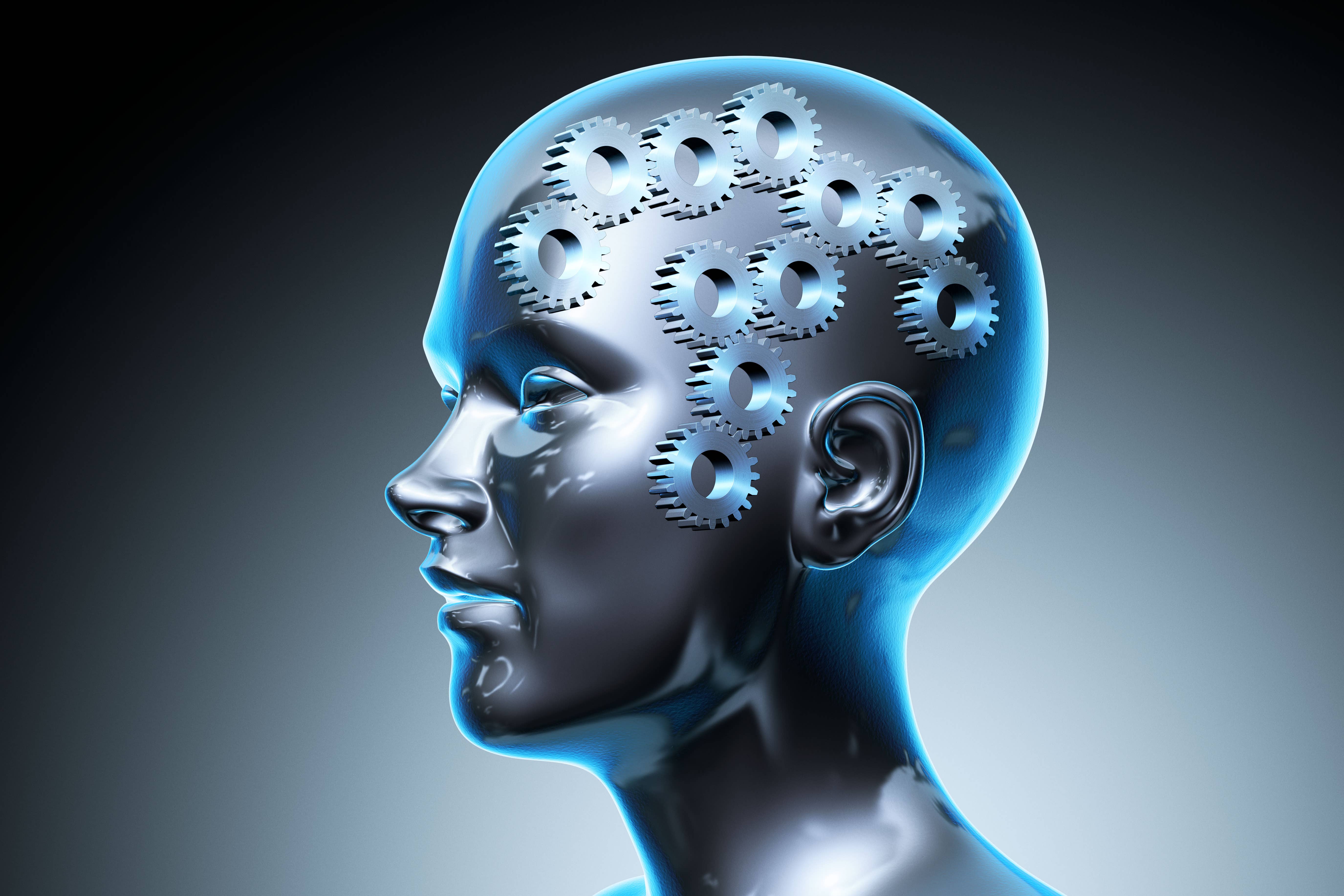Human memories ‘are unreliable because of tendency for complete storylines’
People prefer stories with a clear beginning, middle and end, scientists said.

Your support helps us to tell the story
From reproductive rights to climate change to Big Tech, The Independent is on the ground when the story is developing. Whether it's investigating the financials of Elon Musk's pro-Trump PAC or producing our latest documentary, 'The A Word', which shines a light on the American women fighting for reproductive rights, we know how important it is to parse out the facts from the messaging.
At such a critical moment in US history, we need reporters on the ground. Your donation allows us to keep sending journalists to speak to both sides of the story.
The Independent is trusted by Americans across the entire political spectrum. And unlike many other quality news outlets, we choose not to lock Americans out of our reporting and analysis with paywalls. We believe quality journalism should be available to everyone, paid for by those who can afford it.
Your support makes all the difference.Human memories are unreliable because of our tendency to construct complete storylines, according to scientists.
Experiments by researchers at the University of Sussex suggest people often misremember how certain events end, sometimes even creating memories of incidents that never happened.
They said this is because people prefer stories with a clear beginning, middle and end.
We were surprised by how often people would fill in the missing endings to the videos they had watched, when they were asked to remember them later
When shown video clips that did not have “end” scenes, the researchers found that people falsely recalled the ending of a clip a week later nearly half (42.5%) of the time.
Chris Bird, professor of cognitive neuroscience and co-director of Sussex Neuroscience, said: “We were surprised by how often people would fill in the missing endings to the videos they had watched, when they were asked to remember them later.
“This resulted in memories that contained several details of things happening that were never actually seen.
“Rather than expose faults in how our memory works, our findings actually reveal a memory system that is adapted to the world we live in.
“We create memories that are coherent and logical ‘best guesses’ about our experiences.”
For the study, 351 people under the age 35 were shown 24 video clips documenting everyday human activities in five different experiments.
They were asked to recall what happened either shortly after watching or a week later.
The researchers found that people often recalled false memories that were similar in nature.
For example, they said, when the people watched a baseball game which was paused just as the ball was flying towards the batter, 20% claimed to have seen the batter hit the ball when recalling the events in the video a week later.
Memories aren't like objective video recordings of the past, but heavily influenced by what we already know and believe about the world
Some even falsely recalled watching a batter hit a homerun with the crowd going wild, even though they had not seen this happen.
However, when video clips ended as expected – such as watching the batter hit the ball at the end – people’s memories were found to mostly remain intact, with only 8.2% developing false memories.
Dominika Varga, a PhD student in the University of Sussex School of Psychology, who worked on the research, said: “Memories aren’t like objective video recordings of the past, but heavily influenced by what we already know and believe about the world.
“By being aware of these biases, we can be more cautious when relying solely on memories for important decisions and think carefully about information before accepting it as the absolute truth.”
As part of the next steps, the scientists are looking to recreate the experiments on older people.
The findings are published in the Journal of Experimental Psychology: General.